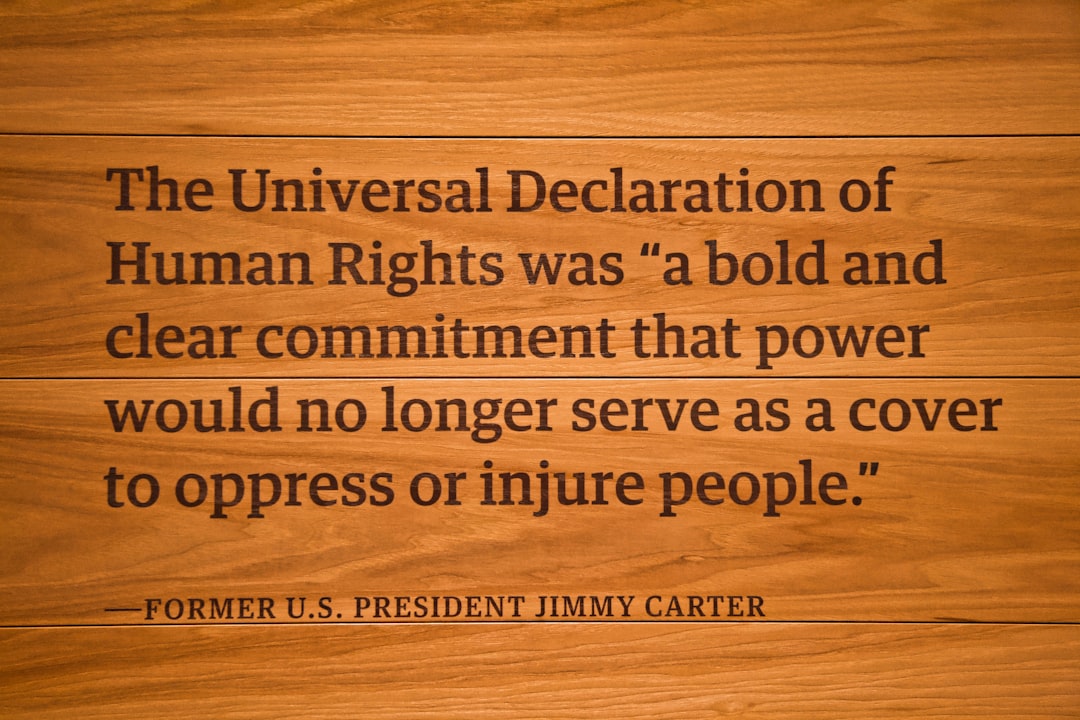What is it about?
This article takes a look on literature on the genocide of the Tutsi in Rwanda that emerged from the project Rwanda - Ecrire par devoir de memoire. The texts discussed are written by African authors who deliberately sought to create narratives of the genocide and the post-genocidal society in Rwanda for public memory. Neither had they been to Rwanda before or during the genocide nor had they suffered personal loss or individual trauma from it. They wrote from a belated position trying to understand, to comprehend and to mediate. The literary texts that arose from that encounter “are in a way less about the genocide itself then about humanity’s attempt to comprehend genocide: they are less an attempt to comprehend genocide than an attempt to explore and comprehend humanity’s attempts to comprehend“ (Small 2007, 98). What is particular about this endeavour is that it was undertaken collectively and that it resulted from a project that merged patterns of contemporary civil society engagement with the field of writing.
Featured Image
Why is it important?
This article explores intersections between civil society engagement and literary commitment. In his article on human rights in literature studies James Dawes argues that human rights work “is, at its heart, a matter of storytelling” (2009, 394). Looking at the work of humanitarian organizations and human rights activism he maintains that not only does it consist in large parts of listening to stories of people who suffered violence, trauma, abuse and persecution. Their success also significantly depends on their ability to transmit these stories to a wider public and to create narratives that are able to raise concern. The idea that in literature, in working with language, narrative and imagination, we can find an ethics of representation at work that also applies to human rights activism is not far from postcolonial theories of representation. Postcolonial African literature and literature studies have been concerned with questions of commitment, of voicing silenced histories and subjects, of subverting and pluralising hegemonic discourses since the second half of the 20th century. At the same time, studies on literature and trauma today are deeply informed by knowledge gained from psychosocial work with victims of violence.
Read the Original
This page is a summary of: The Ethics of Fiction, Journal of Literary Theory, January 2012, De Gruyter,
DOI: 10.1515/jlt-2011-0014.
You can read the full text:
Contributors
The following have contributed to this page










